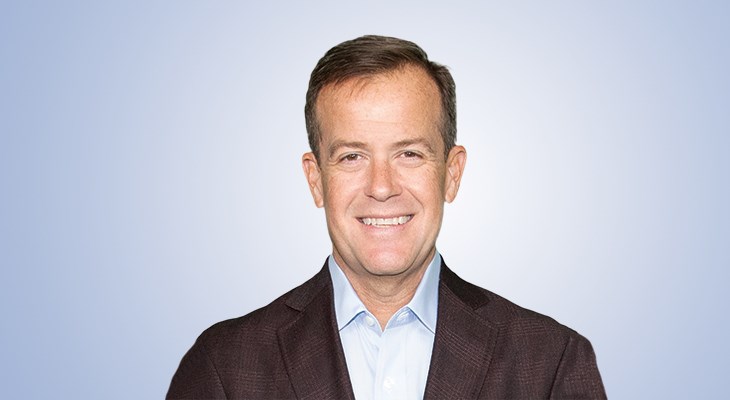When he first began acquiring companies, Stu Clark, CEO of Premise Health, downplayed concepts like culture and team when evaluating a target. He opted instead for a finance and execution-driven mindset. But he came to learn that is not the primary way to look at a deal. So, what changed his mind?
"Earlier in my career I was very quantitatively driven — is this going to create shareholder value as a result of what we're paying for this company and what we plan to do with it after it's inside of our organization," Clark says. "It dawned on me about mid-career, so maybe in my early to mid-30s, I realized that it is the human element, at least in our industry, that makes these deals succeed or fail."
He says success is a matter of whether the team that's being acquired can live by Premise Health's ethos. Any organization that can't isn't going to be a good fit.
In assigning values to different cultures or teams, Clark says people need to be judged by how they treat everyone in an organization, not just how they treat their bosses or their peers. He's seen algorithms used that would attempt to quantify or identify personality traits to give a sense of team fit, or where flaws or gaps might exist, but he doesn't use them.
Listen to the podcast
"I've certainly been exposed to these more quantitative, algorithmic approaches and I liken those tools to the person who follows the GPS right over the north rim of the Grand Canyon because the GPS said that's the shortest route to the south rim," he says. "The logic can all be right and you get to exactly the wrong answer."
Instead, Clark relies on getting to know the team and their culture in part by talking with their customers and talking with folks at many levels of the organizational chart to find out how the team feels about the support they get from leaders in their organization. His executive team does the same, then they all discuss their thoughts.
In assessing what they've found, he says it's possible to replace toxic team members, but not toxic teams.
"We're in the services business and while we have a number of products, at the end of the day, we're not making something out of a factory," he says. "We're not inventing a new silicon chip. And so really at the core of an acquired company's ability to perform and integrate and create shareholder value is the culture and the trust in the ability of that team to move quickly, to be flexible and to be very focused and aligned around what they're trying to do. So, if you have to replace the whole team, I begin to ask the question, Are we really buying a company at that point? So goes the culture, so goes the company. If the team is led or seems to have a core number of leaders that don't fit our ethos, we don't want the deal. I don't care how cheap it is. We don't want it."
Clark spoke on the Smart Business Dealmakers Podcast about his acquisition philosophy, what he looks for in teams and cultures, and his post-deal integration process. Hit play on the player to catch the full conversation.




